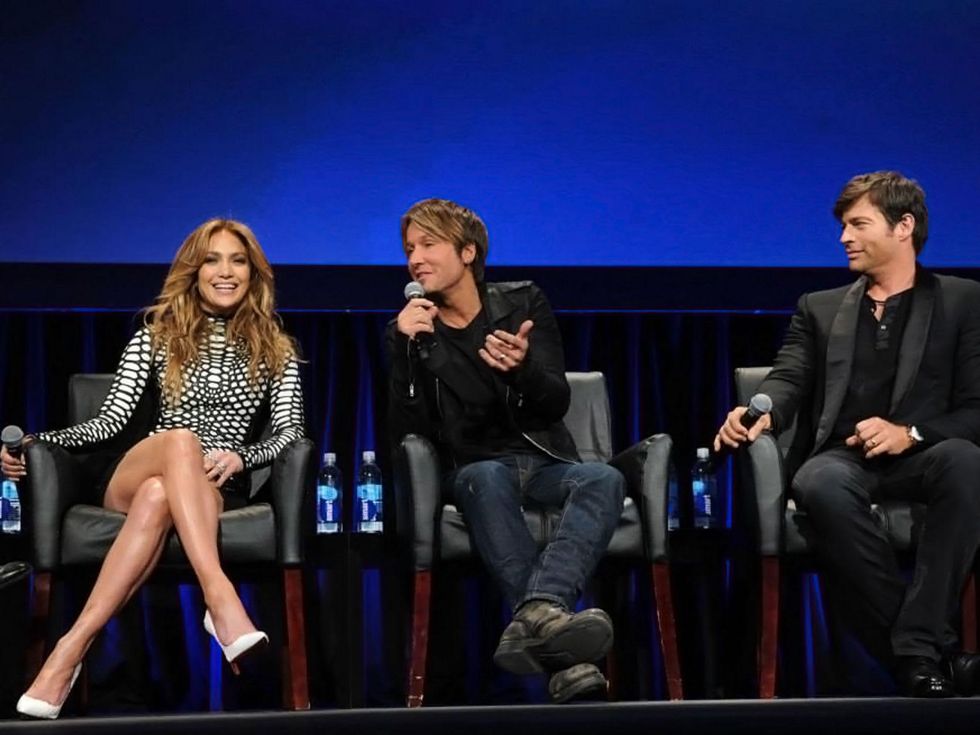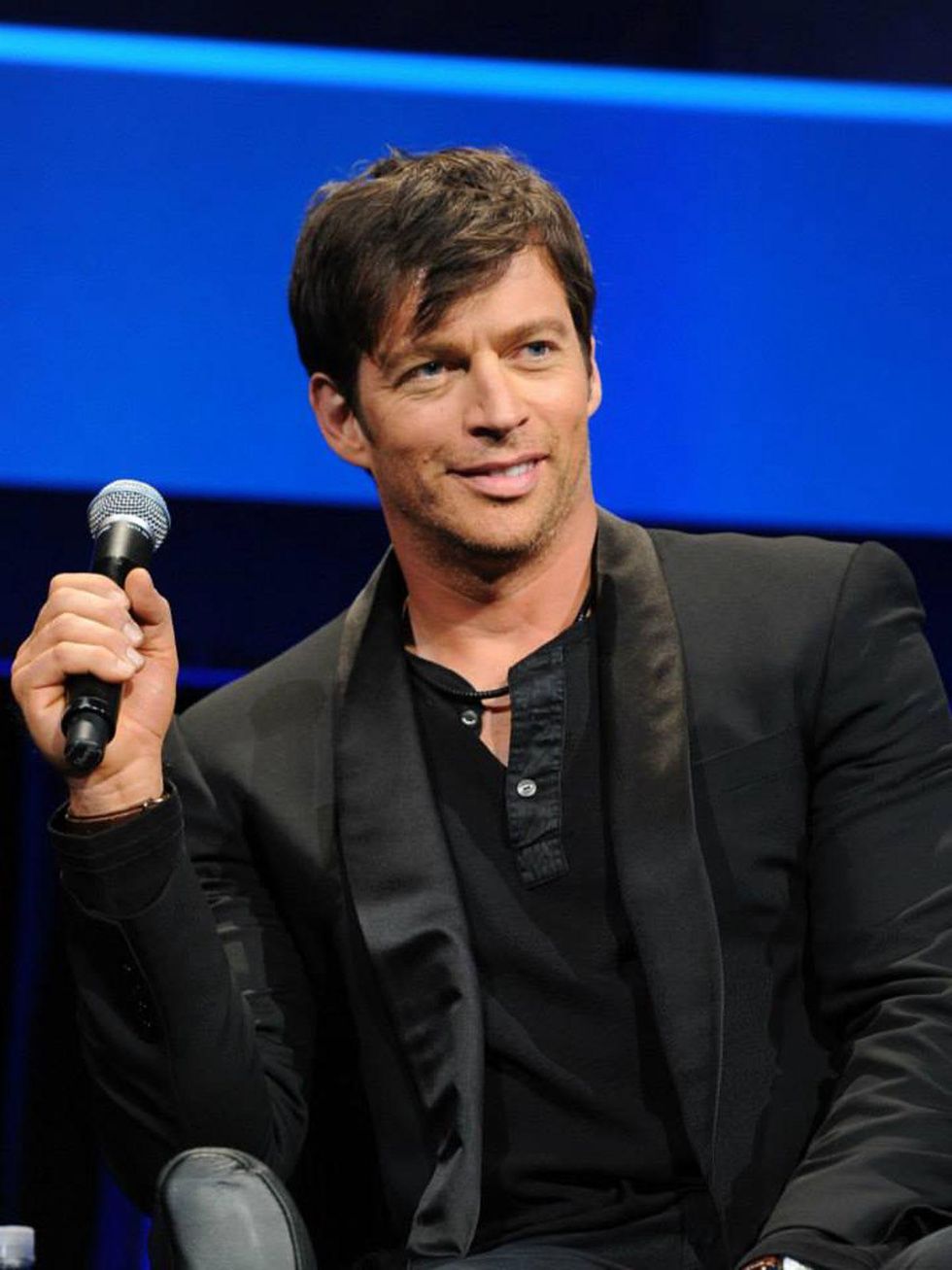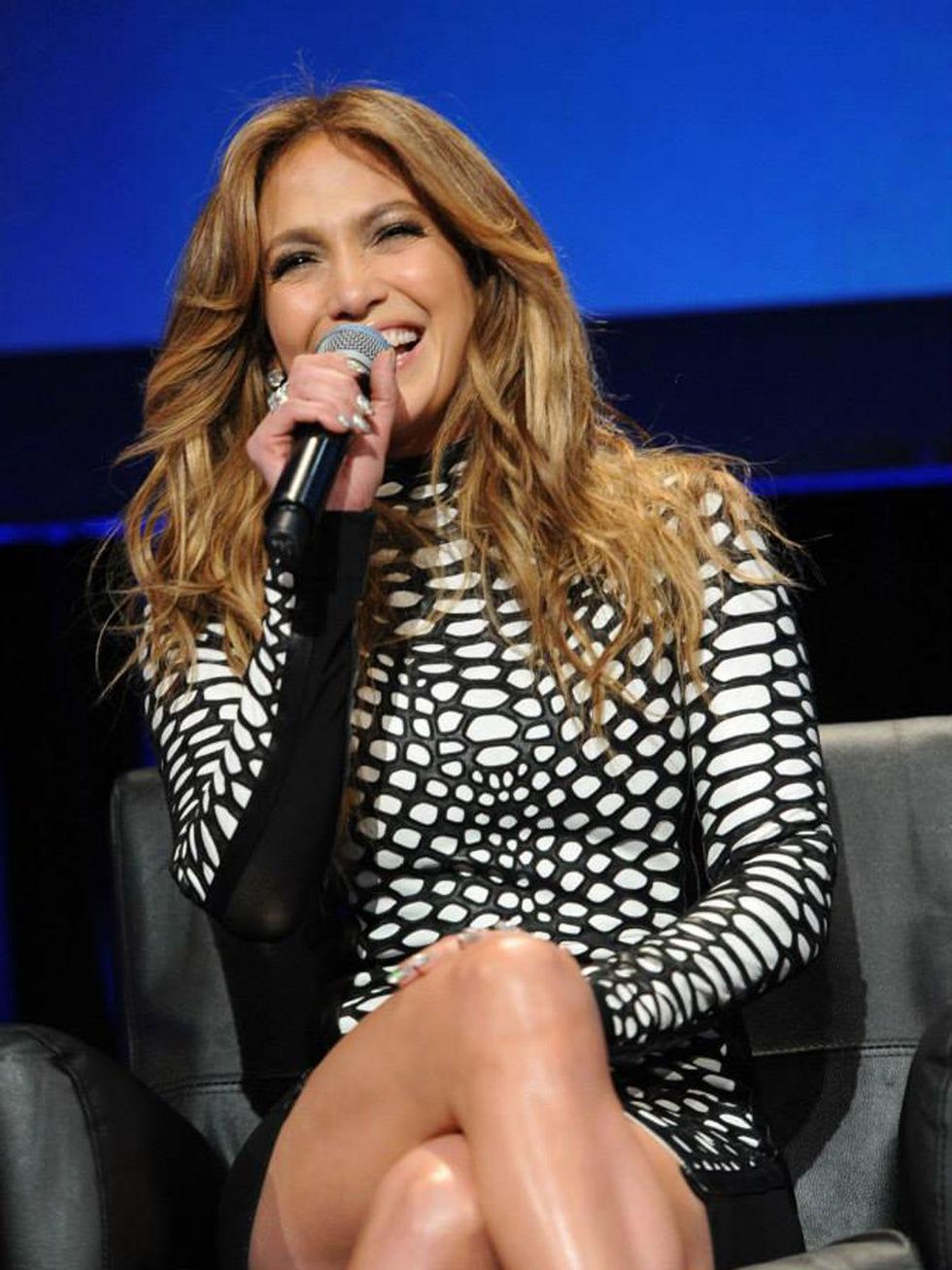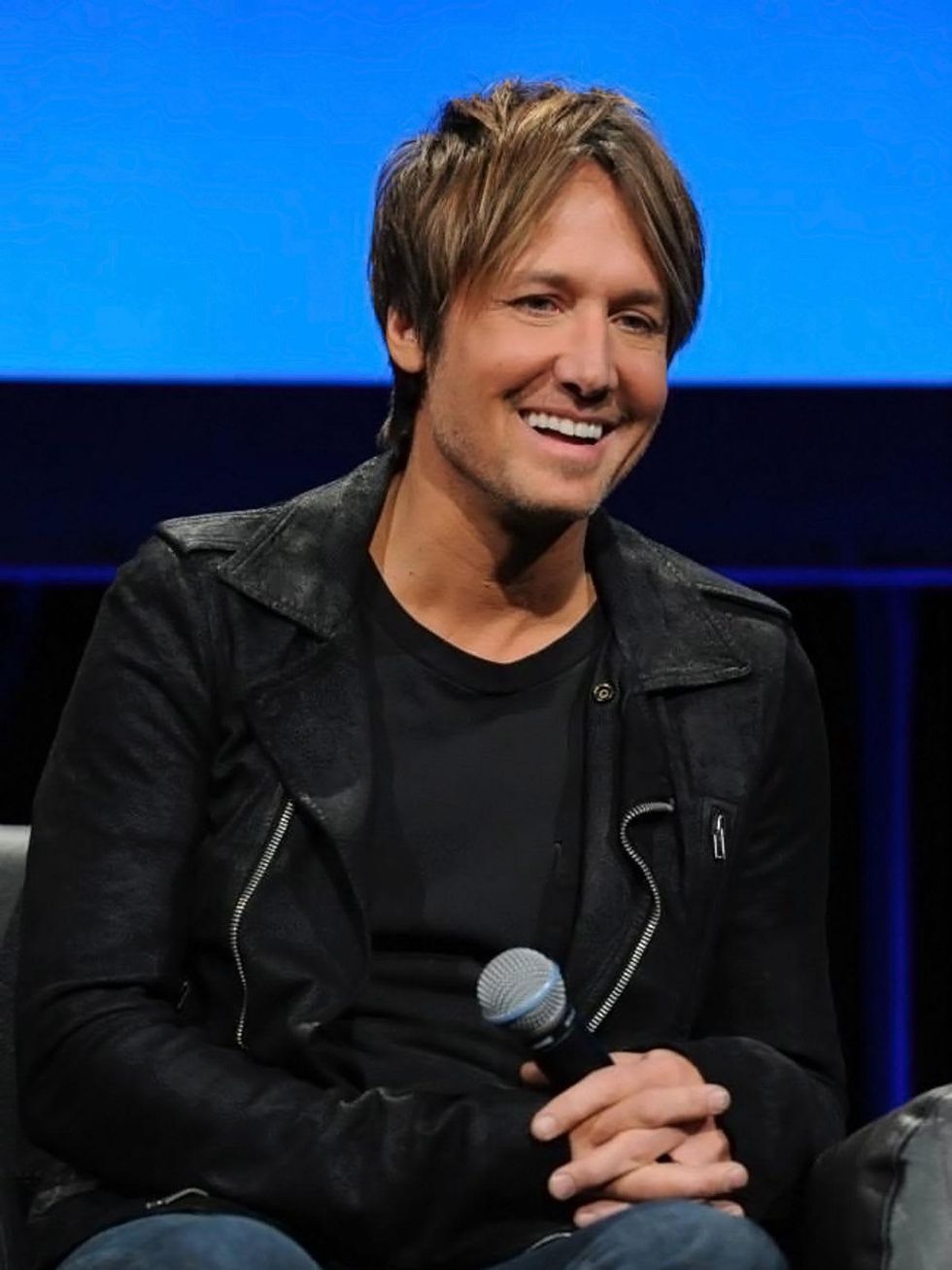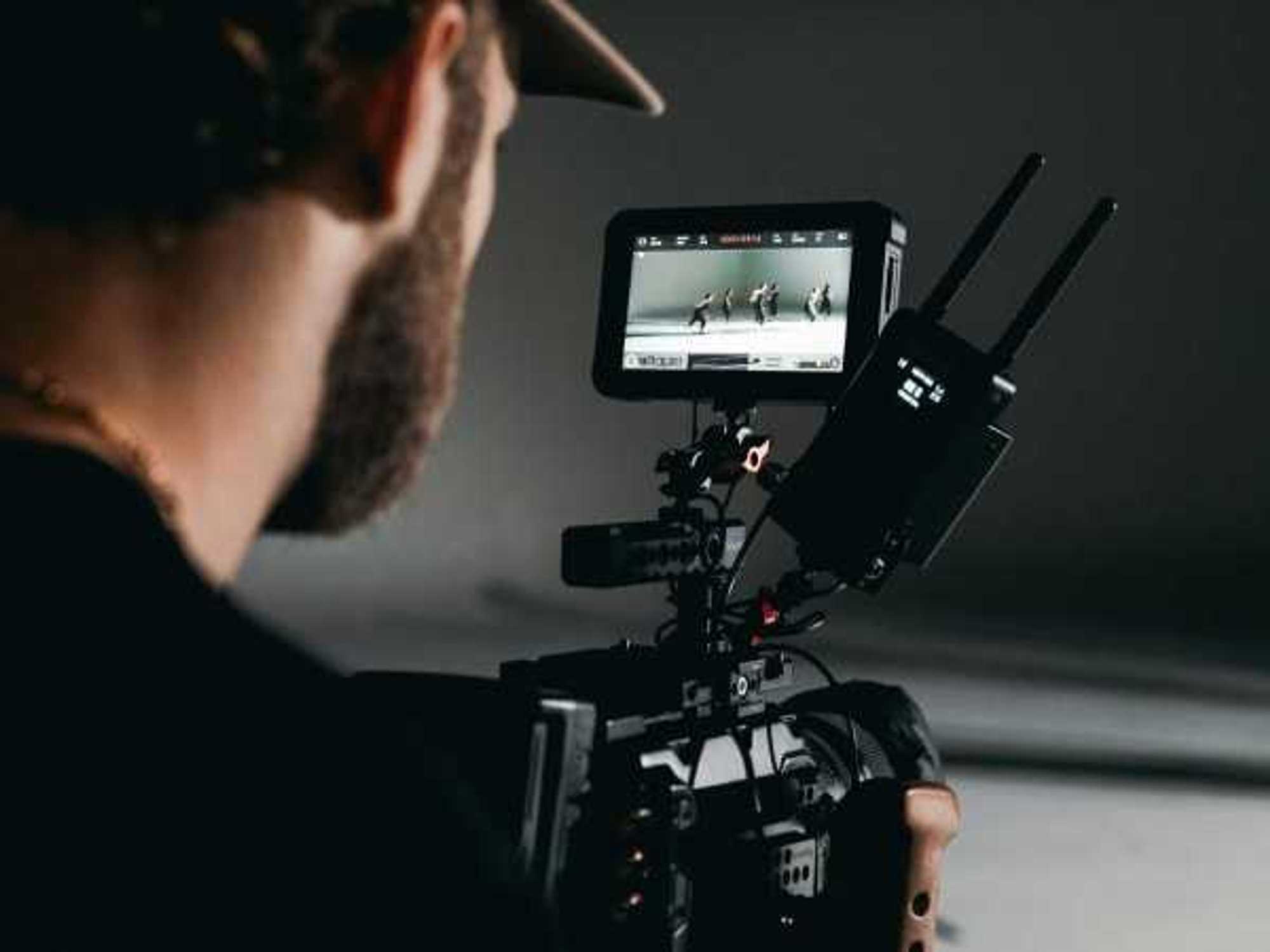Idol Insider
Why American Idol still outshines The Voice: Outspoken Connick and return to roots add spark
On the heels of last season’s sliding ratings and feuding judges, American Idol is back tonight with something to prove, new producers in tow. Here are five things about Idol’s “Lucky Season 13” gleaned from the premiere, which features auditions from Boston and Austin.
Idol is boring family television again
There was a time when Idol was the most traditional, predictable and focused of the reality TV competitions. Then came a provocative force called Nicki Minaj, a judge that restored Simon Cowell’s caustic energy but also zapped the show’s original ability to reach across generations.
Think lots of giggling, bromance and earnest fun.
The producers are on a mission to fix that this season, replacing Minaj and Mariah Carey with the warmest judging panel to date. In the season premiere, Jennifer Lopez, Keith Urban and Harry Connick, Jr. show instant, playful chemistry, anchored by Connick, Jr.’s wry sense of humor (“Jen, I am impressed by the rocks you got,” he deadpans). Think lots of giggling, bromance and earnest fun.
If that sounds dangerously close to boring, the upside is this: Come March when the competition actually matters, the contestants stand a solid chance of receiving the ego-free attention they deserve from the judges. Couple that with Connick, Jr. and Urban’s combined musical intelligence, and Idol just might reclaim its competitive edge.
Harry Connick, Jr. is the new Nicki Minaj
Minaj’s bold personality and colorful convictions set the tone for last season, and if the premiere is any indication, Connick, Jr. (“Harsh Harry” as the others have dubbed him) will take a similar, albeit tamer, lead. Brash humor aside, he’s the most outspoken and studied judge on the panel; he calls out Lopez and Urban for being too impressed by vocal histrionics, attempts to educate Lopez on the pentatonic scale, and generally gives pointed, honest critiques.
His self-deprecation keeps him out of the musical snob zone — props to the producers for an endearing “Who dat?” reel about his relative anonymity — as does his genuine passion for Idol’s premise. “The show produces stars that move people,” he notes in the premiere, and that might be the most succinct defense of Idol I’ve ever heard.
The audition rounds are vintage Idol
Except for guitars in the audition room and a pseudo-scary elevator called “The Chamber” that contestants are forced to ride, the audition rounds are largely the same as they’ve always been. More impactful changes will pop up later in the season, such as a new “Hollywood or Home” round, Randy Jackson clawing his way back as a mentor, musical director Rickey Minor returning after a two-year hiatus, and a refreshed list of song choices.
The “kids” are all right
Just as the producers nixed any seeds of judges’ drama, they’re putting the focus squarely back on the contestants — or the “kids” as they’re affectionately being called this season. In fact, aside from a quirky bit on a Justin Bieber look-alike’s stage mom, the premiere is free of lengthy back-stories or joke auditions.
Look for a few notable Houston contestants during the Austin auditions, including 24-year-old former football player Shanon Wilson, and Sugar Land’s Munfarid Zaidi, whose audition might go down as the most memorable of the season. When the 19-year-old crooner tells Connick, Jr. he reads up on him every day, the wacky judge promises to literally hold Zaidi if his audition impresses. Cradling, serenading and hilarity ensue.
Idol is still the gold standard*
“No other television show has produced as many stars,” Ryan Seacrest touts in the premiere, a fact that remains Idol’s strongest defense against the deafening popularity of The Voice. And while that’s true — its graduates have amassed 200 albums, 250 million downloads, 95 gold records and 83 platinum records — Idol has time on its side, especially back in an era when amateurs-turned-stars were a novelty.
So what defines success in this era? The Season 13 premiere proves that Idol can feel fresh and light again, and that, a decade later, its roots can still be honored. Time will tell if that translates to wider viewership and healthier ratings.
*But in a critical sense, Idol competing with The Voice for relevance seems a little like Ashley Monroe competing with Kasey Musgraves: They’re two different answers to the same industry problem. Idealistic? Maybe, but after 11 years of consuming Idol and three years of covering it, I still stand by its premise being a noble one. Until the show stops introducing us to authentic, richly talented artists like Season 12's Kree Harrison and Candice Glover, there’s a reward to the madness.
Tune into Fox tonight and Thursday at 7 p.m. for the two-part Season 13 premiere, and check back for more Idol coverage throughout the season.
Get more of Tara Seetharam's pop culture musings on her website www.taraseetharam.com and follow her on Twitter @TaraAshley
